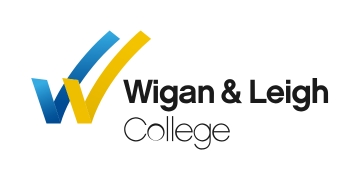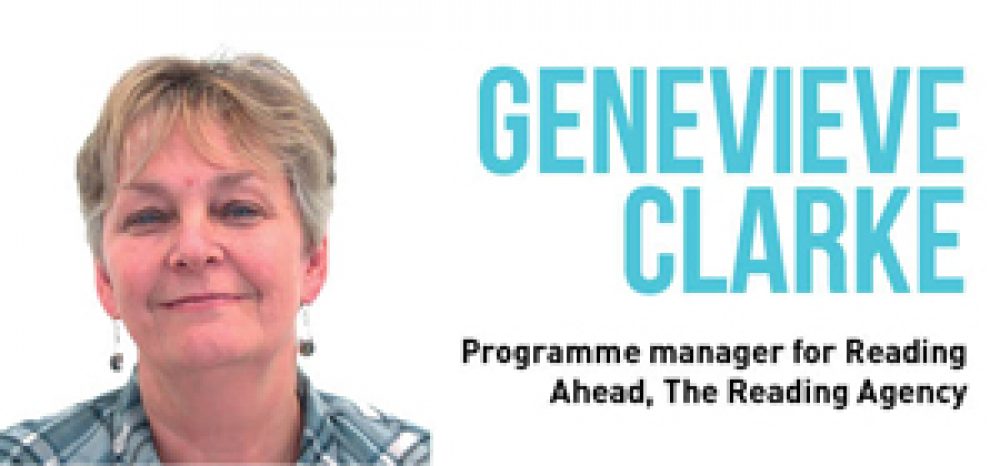Reading for pleasure can transform motivation and attainment. Genevieve Clarke explains how The Reading Agency is achieving results for FE colleges with its Reading Ahead programme.
Every week, the subject of FE Week’s profile page is asked to name their favourite book. It’s a great advert for reading for pleasure, but can we take enjoyment of reading among staff and students in the FE sector for granted?
At The Reading Agency, a national charity with a mission to inspire more people to read more, we’re currently working directly with around 100 FE colleges across the UK to promote reading for pleasure and indirectly with several more through their local public libraries.
The stock of
reading material, print and digital, has to take account of course priorities. But it should facilitate reading for fun too and be able to lure in reluctant readers
College staff, including librarians, often tell us that engaging their learners in reading of any kind is impossible. They can read but they won’t — or, more worryingly, they can’t without a painful struggle.
All is not lost however. Our annual Reading Ahead programme has proved itself as a motivational trigger, helping students to discover that reading can be both habit-forming and enjoyable.
It invites students to pick six reads of their choice and log, rate and review their reading in a small diary in order to get incentives and ultimately a certificate. They can choose any kind of text, print or digital, as long as they challenge themselves and try something new. The aim is to engage students in a virtuous circle whereby the everyday practice of reading becomes a pleasure while also increasing their proficiency.
And it works. Formerly the Six Book Challenge, the programme has reached nearly 200,000 people over the last eight years through public libraries, learning providers, prisons and workplaces, with colleges well ahead in terms of participation.
In 2015, 92 per cent of survey respondents of all ages said they felt more confident about reading after taking part, rising to 93 per cent for 16 to 19-year-olds and 96 per cent for 20 to 24-year-olds. Northampton College has been with us from the start with Ofsted having remarked on the involvement of male students in particular. Newcastle-under-Lyme College, also praised by Ofsted for use of the programme, has integrated it into all Functional Skills classes. Many others are using it extensively to support Esol learners and GCSE students.
Reading Ahead succeeds because of two main ingredients that most colleges already have to make reading for pleasure part of their culture, with all the associated benefits of higher attainment, motivation and confidence.
First is a library or learning resource centre right at the heart of the college community that draws people in for work and pleasure. Friendly staff are essential, ideally with a passion for reading that they can take beyond the library walls. Obviously the stock of reading material, print and digital, has to take account of course priorities. But it should facilitate reading for fun too and be able to lure in reluctant readers with magazines, graphic novels, poetry and books such as the Quick Reads or even shorter texts for students who need an easier way in to reading. Even better if staff also link with public libraries to make students aware of the wealth of free resources on offer for them and their families.
Just as important are teaching staff who recognise the value of reading as fundamental to a learner’s progress, not just in terms of skills but their whole approach to the life ahead of them. We work with tutors who, with library support, weave all kinds of reading into courses as varied as hair and beauty, building studies and GCSE English. They can see at first hand the improvement to reading, writing, speaking and listening and ultimately to exam results and employability — surely a reason to promote reading for pleasure as part of the current review of Functional Skills. They also report how their students grow in confidence as they become independent learners, mentors to their peers and willing participants in college life.
There’s still time to get your students involved in Reading Ahead this year. With pressure on for all young people to work towards grade C English GCSE, what better way to support their progress and turn them into lifelong readers at the same time?
Genevieve Clarke is programme manager for Reading Ahead, The Reading Agency







Referring to ‘the painful struggle’ mentioned in your article was exactly my experience yesterday with my 16-18 year old students. They had to read 2 non-fiction documents for their Functional English Reading Mock and 75% of the class groaned and complained under the strain of being expected to read 980 words (2 documents’ word count). 25% of students resisted reading altogether and took a gamble by writing an answer based on scanning the docuemnts only.
Suffice to say that of the 75% who resisted reading, their mock results were very, very low.